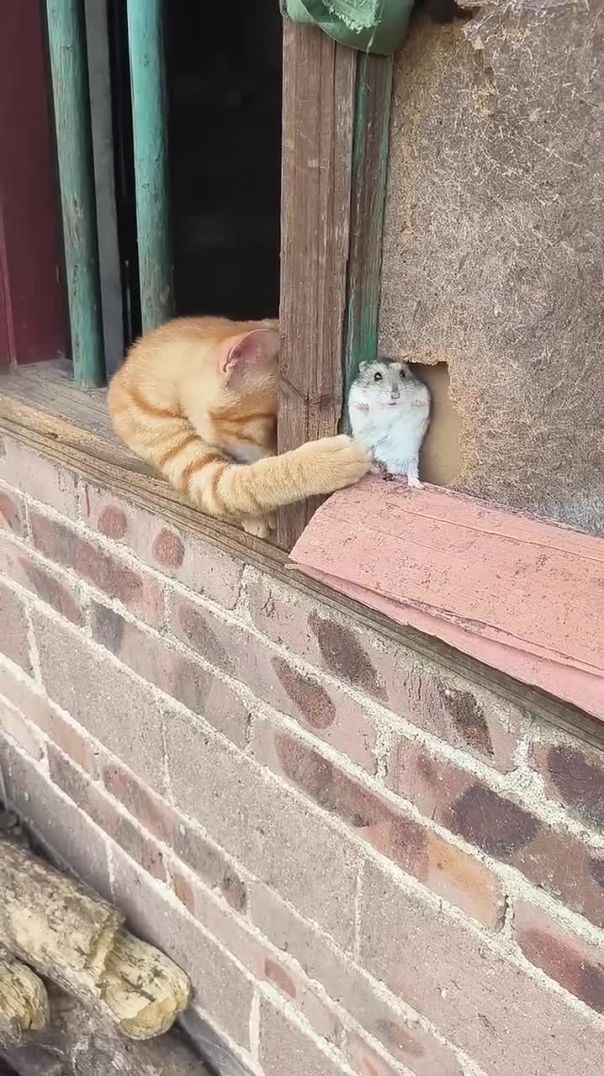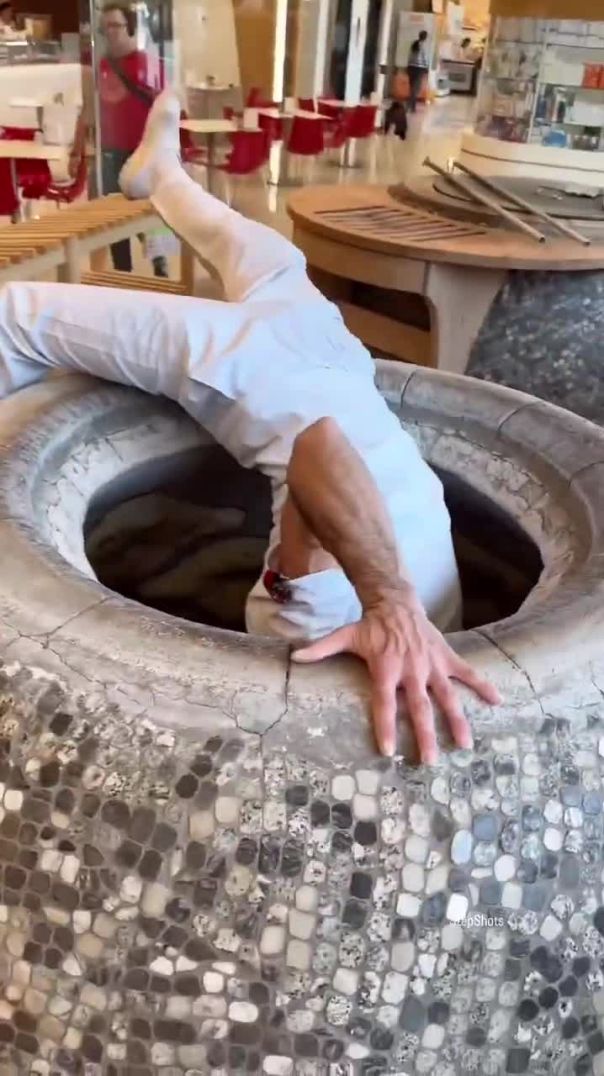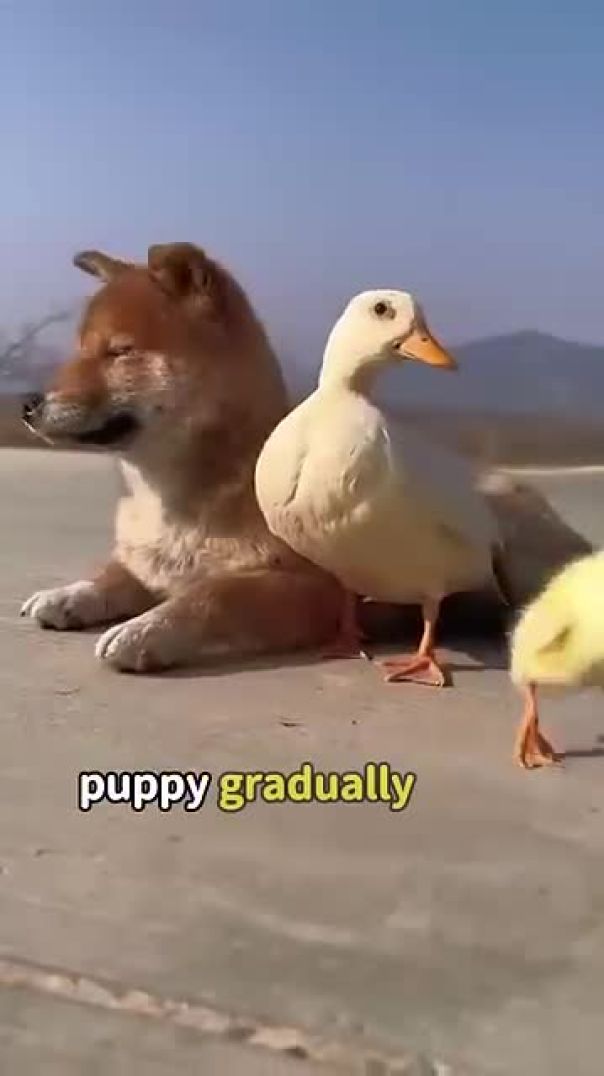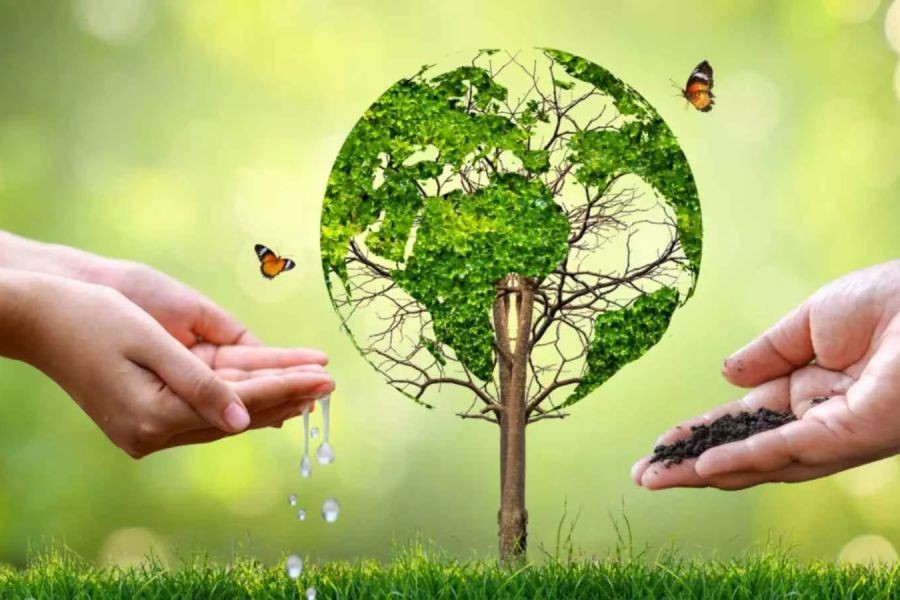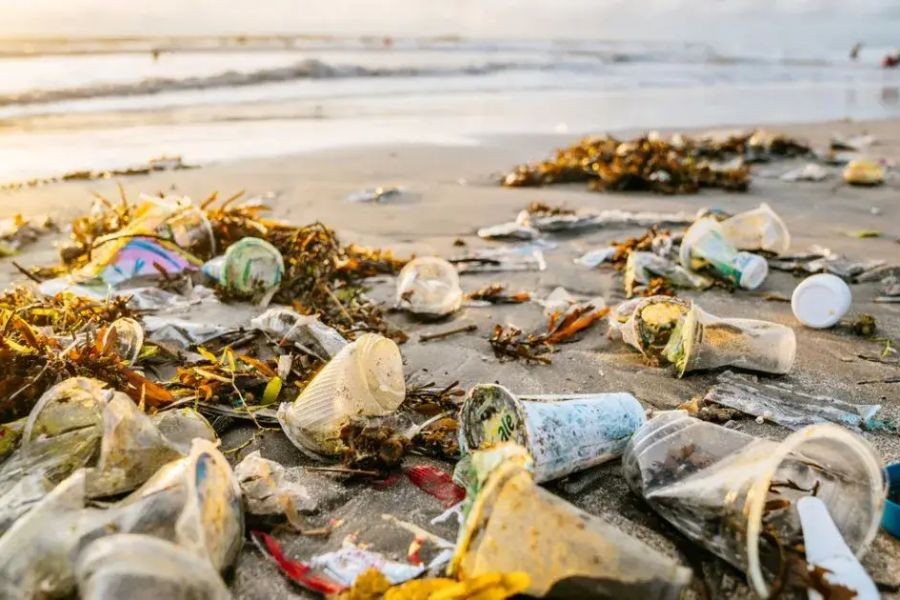The allure of New Zealand's majestic landscapes and pristine natural beauty is unmistakable. However, with increasing environmental challenges, there's a growing call-to-action for Kiwis to contribute to conservation efforts. Volunteering for environmental conservation programs in New Zealand not only supports the ecosystem but also offers personal and professional growth opportunities. This article will explore how New Zealanders can get involved in environmental conservation, the benefits of doing so, and the future trends in this essential sector.
Understanding the Importance of Environmental Conservation in New Zealand
New Zealand is home to unique biodiversity, including flora and fauna found nowhere else on Earth. According to Stats NZ, the country loses thousands of hectares of native forest annually, posing a threat to its endemic species and ecosystems. The situation is further exacerbated by climate change, as rising ocean temperatures impact marine life. Conservation efforts are critical in preserving these natural treasures for future generations.
Future Forecast & Trends in Environmental Conservation
Environmental conservation in New Zealand is at a pivotal point. The government has set ambitious targets to become carbon neutral by 2050, influencing conservation policies and funding. This shift creates opportunities for volunteers to engage in a variety of projects, from reforestation to wildlife protection.
One emerging trend is the integration of technology in conservation efforts. Drones and AI are increasingly used to monitor wildlife populations and assess environmental health. New Zealand is at the forefront, with tech companies collaborating with conservation groups to develop innovative solutions.
Moreover, community-led conservation initiatives are gaining traction. Local groups are essential in managing reserves and restoration projects, providing volunteers with a platform to make impactful contributions.
Case Study: Project Janszoon
Problem: The Abel Tasman National Park was facing severe ecological degradation due to invasive species and human impact.
Action: Project Janszoon, in collaboration with the Department of Conservation, initiated a comprehensive ecological restoration project. Volunteers played a crucial role in invasive species removal and native species replanting.
Result: In five years, the project reported a significant increase in native bird populations and a 40% reduction in invasive pest numbers. Educational programs have also heightened community awareness and participation.
Takeaway: Community engagement and strategic use of technology can drive successful conservation outcomes. This model can be replicated across other conservation projects in New Zealand.
Myth vs. Reality: Common Misconceptions About Volunteering in Conservation
- Myth: "Volunteering doesn't make a significant impact."
- Reality: Data from the Ministry for the Environment shows that volunteer-driven projects contribute significantly to biodiversity preservation and local sustainability efforts.
- Myth: "Conservation volunteering is only for scientists and experts."
- Reality: Many projects value diverse skill sets, from marketing to logistics, emphasizing the need for varied expertise.
- Myth: "There are no financial benefits to volunteering."
- Reality: Volunteering can provide valuable networking opportunities, skill development, and even career advancements.
Actionable Steps for Kiwis Interested in Volunteering
For those looking to make a meaningful impact, here are steps to get involved:
- Research Opportunities: Start with local conservation groups or national organizations like the Department of Conservation. They often list volunteer opportunities on their websites.
- Assess Your Skills: Identify what skills you bring and how they can contribute to conservation efforts, whether it's fieldwork, data analysis, or public outreach.
- Join Community Groups: Many communities have local environmental groups that offer regular volunteer activities. Joining these groups can provide a sense of community and purpose.
- Engage in Citizen Science: Platforms like iNaturalist allow volunteers to contribute to scientific research by documenting biodiversity.
Biggest Mistakes to Avoid in Conservation Volunteering
- Underestimating Commitment: Volunteering requires time and dedication. Ensure you can commit to the project's demands to maximize your impact.
- Ignoring Training: Proper training is essential. Participate in all training sessions to ensure safety and effectiveness.
- Overlooking Local Needs: Focus on projects that address local environmental issues to make a tangible impact.
Future Trends & Predictions in Environmental Volunteering
Looking ahead, the role of volunteers in environmental conservation is set to expand. By 2028, it's expected that voluntary contributions to conservation efforts could increase by 25% due to growing environmental awareness and government incentives (Source: MBIE). Additionally, as technology advances, volunteers will likely engage in more tech-driven conservation projects, using tools like AI and remote sensing to track ecological changes.
Conclusion: Your Role in New Zealand's Conservation Future
Volunteering for environmental conservation in New Zealand is a rewarding endeavor that contributes to preserving the nation's unique ecosystems. By getting involved, you not only help protect the environment but also gain skills and experiences that can enrich your personal and professional life. Are you ready to make a difference? Start today by reaching out to local conservation groups and exploring the opportunities available to you.
People Also Ask (FAQ)
- How does volunteering impact conservation efforts in New Zealand? Volunteers are crucial, contributing to over 30% of conservation labor, significantly enhancing project outcomes (Source: Department of Conservation).
- What skills are needed for environmental volunteering? While scientific skills are valuable, communication, project management, and community engagement skills are equally important.
- What upcoming changes in New Zealand could affect conservation volunteering? By 2026, policy updates may increase funding for community-led projects, enhancing volunteer opportunities.
Related Search Queries
- How to join conservation projects in New Zealand
- Benefits of volunteering for environmental conservation
- New Zealand conservation volunteer programs
- Environmental volunteering opportunities in NZ
- Impact of volunteering on biodiversity in New Zealand
- Conservation volunteering and career growth
- Volunteering for marine conservation in NZ
- Skills needed for conservation projects
- Technology in conservation efforts
- Future of environmental conservation in New Zealand
